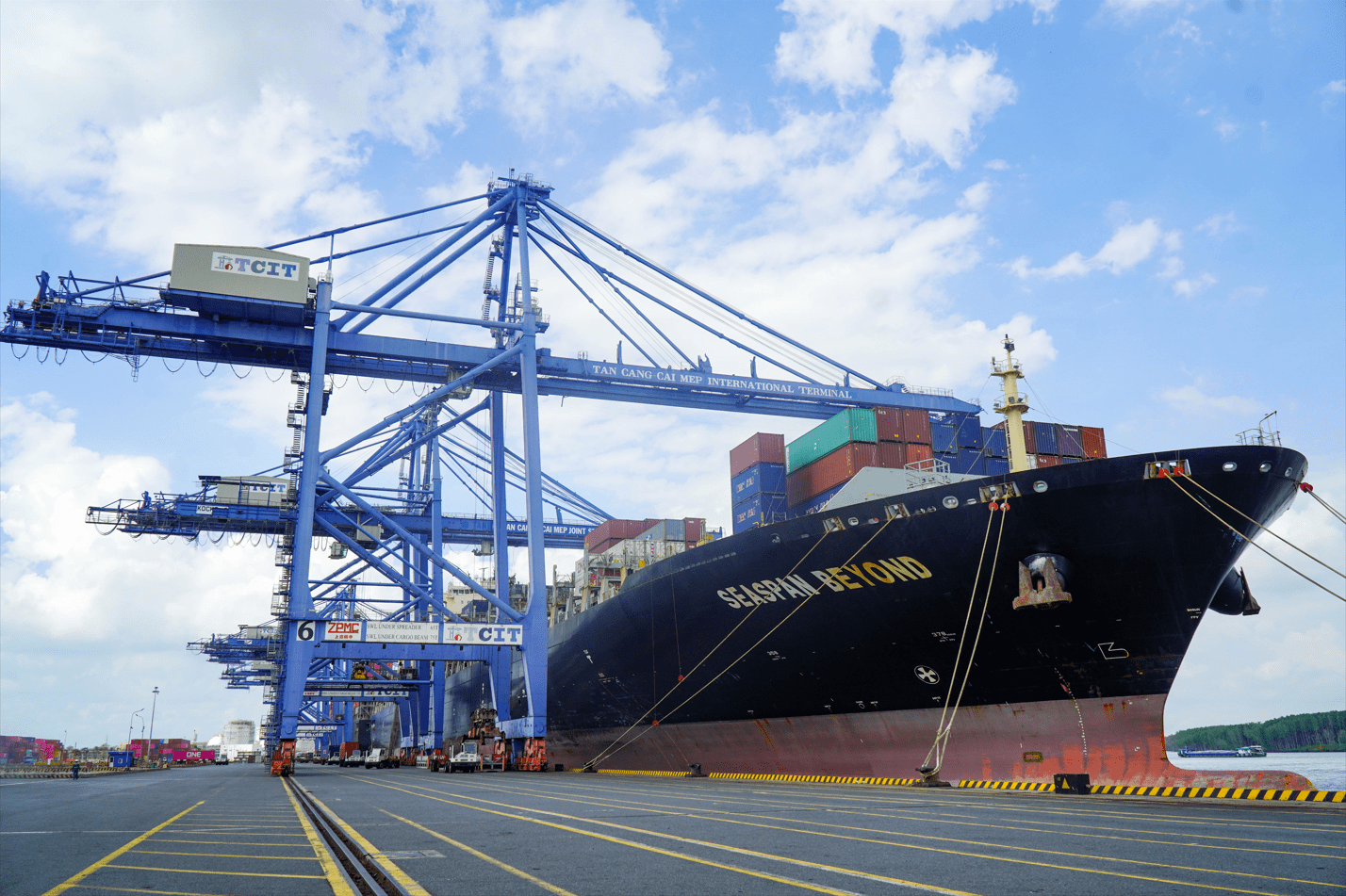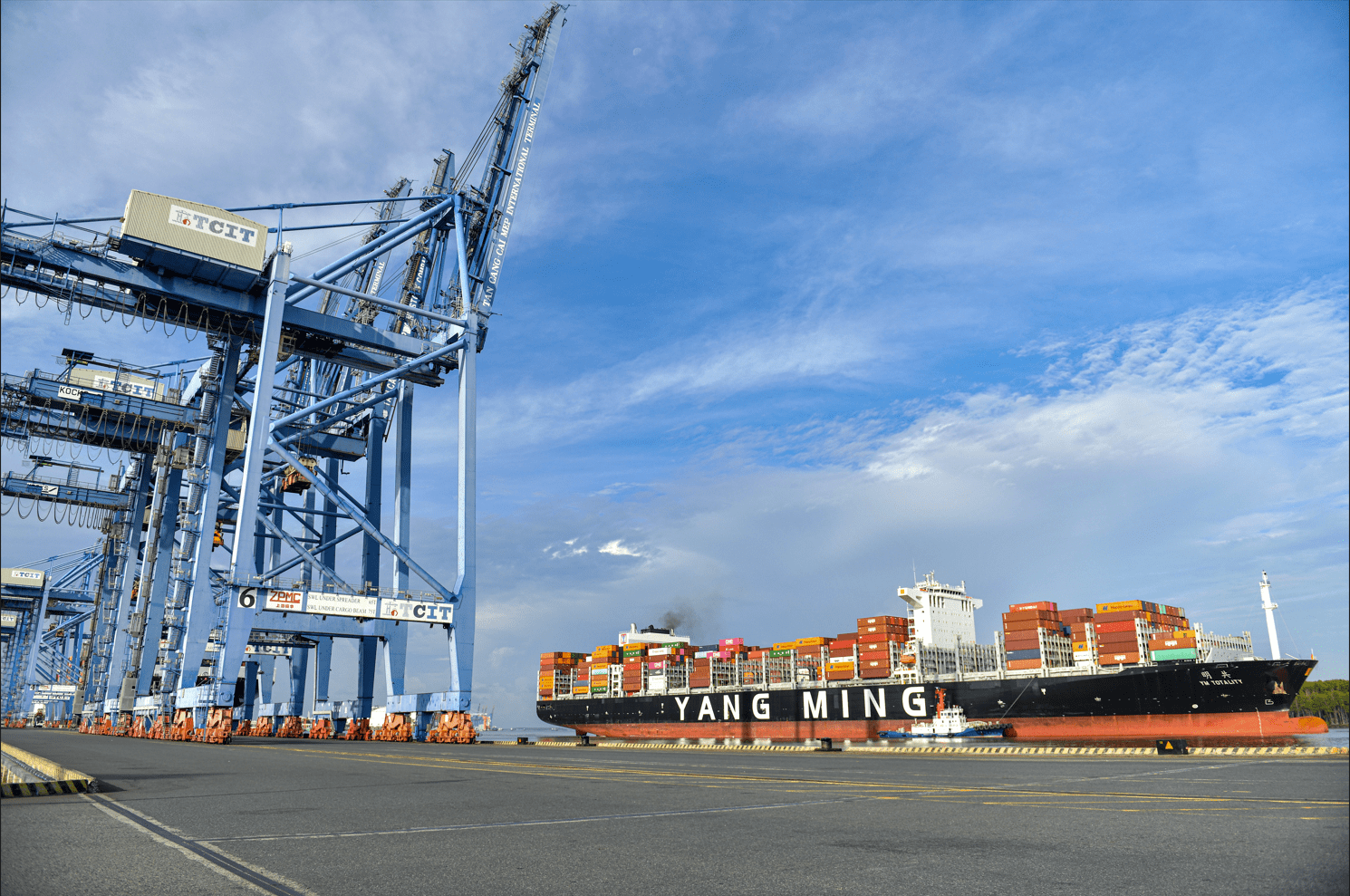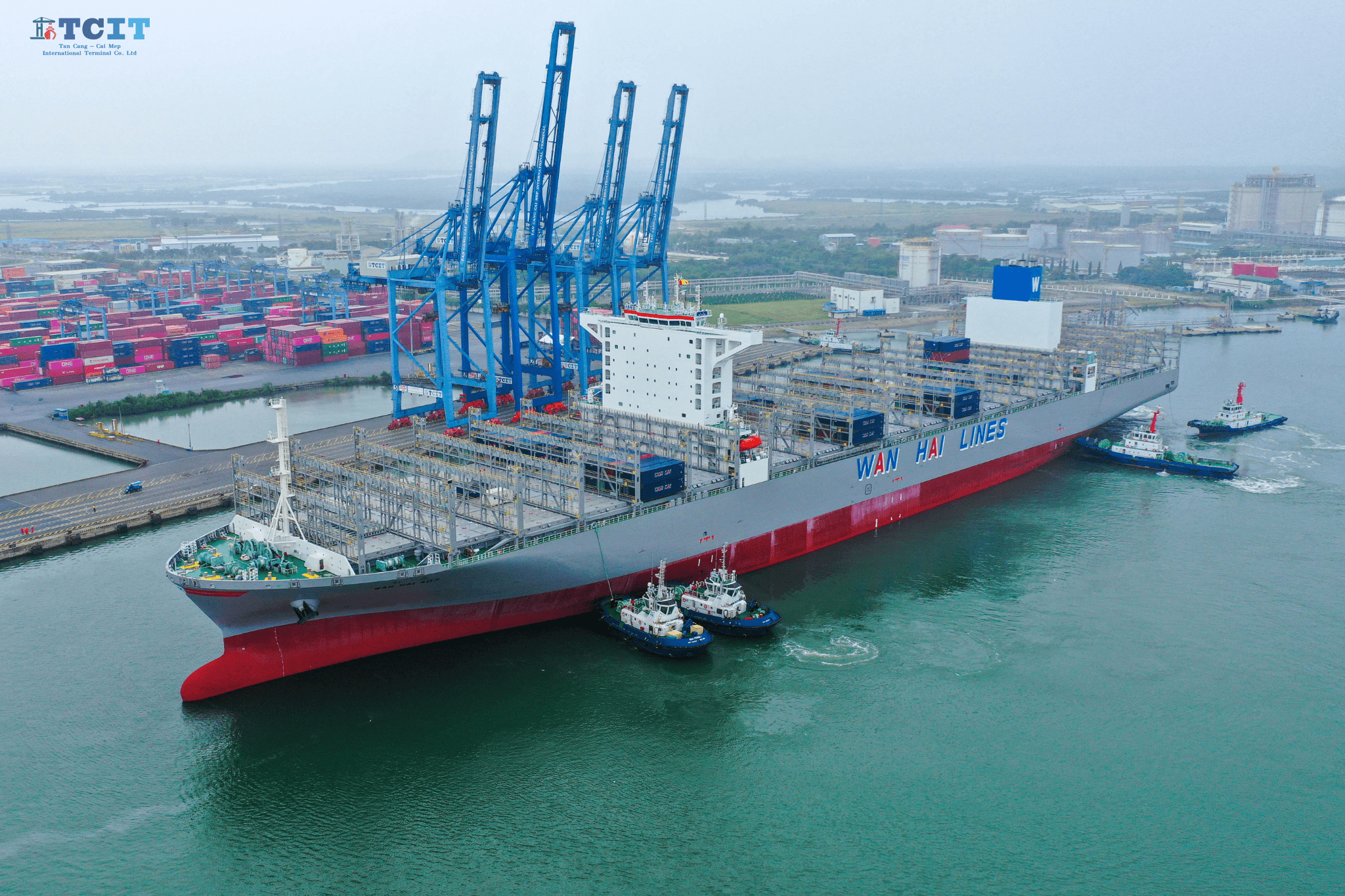Hapag-Lloyd, KLU Open New Research Center for Shipping and Logistics
German container shipping company Hapag-Lloyd has joined forces with compatriot Kühne Logistics University (KLU) in opening a new research center in Hamburg that specializes in maritime logistics.
Inaugurated on November 22, 2018, the Hapag-Lloyd Center for Shipping and Global Logistics (CSGL) will be an integral part of KLU.
As informed, the new center will promote the ongoing discourse between international research and the shipping industry.
Specifically, its purpose is to combine academic research with practical experiences and insights in the area of shipping and container transport, increase the competitiveness of the sector and contribute to the development of Hamburg as an international maritime knowledge hub.
“International container shipping is facing major challenges, such as ongoing digitalization, the upcoming IMO2020 fuel regulation, and possible restrictions of free world trade due to new customs barriers,” Rolf Habben Jansen, Chief Executive Officer at Hapag-Lloyd, said.
“We expect the CSGL to provide us with a multitude of scientific research which will benefit the entire industry,” Jansen continued.
“No matter how well established a company is in the logistics and maritime industry, they must actively seek a dialogue with young talents and innovators,” Karl Gernandt, Chairman of the Supervisory Board at KLU and Executive Chairman of Kühne Holding AG, emphasized, adding that only in this way the economy will be able to meet the challenges of the industry.
NYK Plans to Develop E-Money Network
Japanese shipping company NYK is considering the creation of a new network that will enable onboard financial settlements through the remittance of electronic money (e-money).
Onboard tests have been conducted to examine the potential to reduce administrative work and the risk of cash loss and thus foster an employee-friendly workplace where crews can work comfortably and concentrate on ship operations, the company said.
From August to the end of September, NYK teamed with Japan Card Network (JCN) to conduct several tests. The duo examined the feasibility and effectiveness of the introduction of e-money that can be exchanged for cash, the establishment of an environment that allows the crew to use e-money on board and an application that enables e-money to be easily managed.
Today, onboard payments are made in cash. Crew members are given a part of their salaries in cash and daily goods are paid for in cash. A captain spends time to oversee payment, inventory and orders, and crew members need to handle cash on board and pay overseas remittance charges to send funds to family members in home countries.
NYK estimates that total cash on its ships around the world amounts to about USD 800 million a year, and costs related to handling are very high. Therefore, as part of the company’s Creative Solutions Startup Support System, NYK has begun to examine the use of FinTech to realize cashless ships.
Payments by land offices, onboard purchases, and remittances can all be done on board with e-money in a stable communication environment. In addition, cost, time, and risk can be reduced through electronic transactions instead of cash, according to NYK.
The company said that many issues remain to be addressed before a cashless ship can be realized. However, NYK aims to construct a viable system by cooperating with various sources and improving operational issues for commercialization.
As explained, the initiative encourages sustainable economic growth by improving productive activities and creative innovation and is in line with the group’s medium-term management plan “Staying ahead 2022 with digitalization and green”.
Hapag-Lloyd Chooses Scrubbers for Ten Containerships
German container shipping line Hapag-Lloyd has placed an order for ten hybrid ready exhaust gas cleaning systems (EGCS) for its Hamburg class vessels.
The scrubbers would be gradually installed to the 13,000 TEU ships during 2019 and 2020, with all of the installations expected to be finished before the end of 2020.
The retrofits will start in March 2019 when the first EGCS will be installed to the vessel Hamburg Express at Qingdao Beihai shipyard in China.
The company opted for the move as a part of its response to the International Maritime Organization’s (IMO) upcoming low sulphur regulation, which would limit the sulphur emissions caused by marine fuels to 0.5 percent as of January 1, 2020.
“Using compliant low sulphur fuels is the key solution for Hapag-Lloyd. However, we want to make sure we test and make use of all relevant solutions, which is why we decided to also retrofit our Hamburg Class vessels with EGCS,” Anthony Firmin, COO of Hapag-Lloyd, said.
Hapag-Lloyd also has 17 new vessels in its fleet, which can be converted to use liquefied natural gas (LNG). The company said it would retrofit one vessel of 15,000 TEU during 2019 – and will then test whether LNG is a suitable alternative to low sulphur fuel.
Evergreen Marine Orders Feeder Quartet in China
Taiwan-listed container shipping major Evergreen Marine has placed an order for the construction of four feeder vessels at a Chinese yard.
The containerships, which were ordered from Jiangnan Shipyard, will feature 2,500 TEU.
Evergreen Marine is paying USD 31 million to USD 35 million per ship, according to the company’s stock exchange filing. The total transaction is expected to be in the range from USD 124 million to USD 140 million.
Data provided by Asiasis shows that the units would be handed over to their owner in the next 22 to 24 months.
The agreement was unveiled on November 20.
Source: World Maritime News
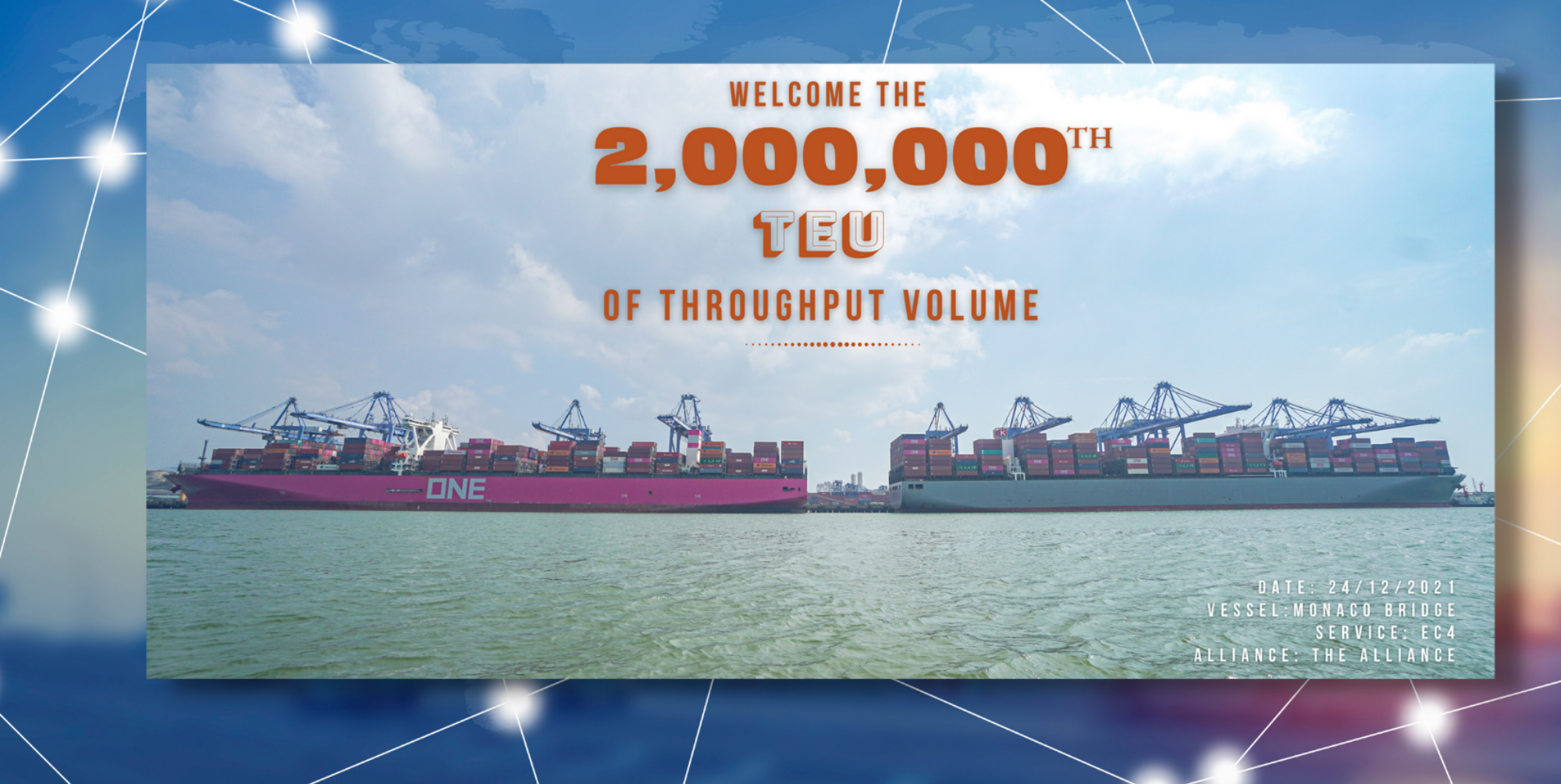
.png)

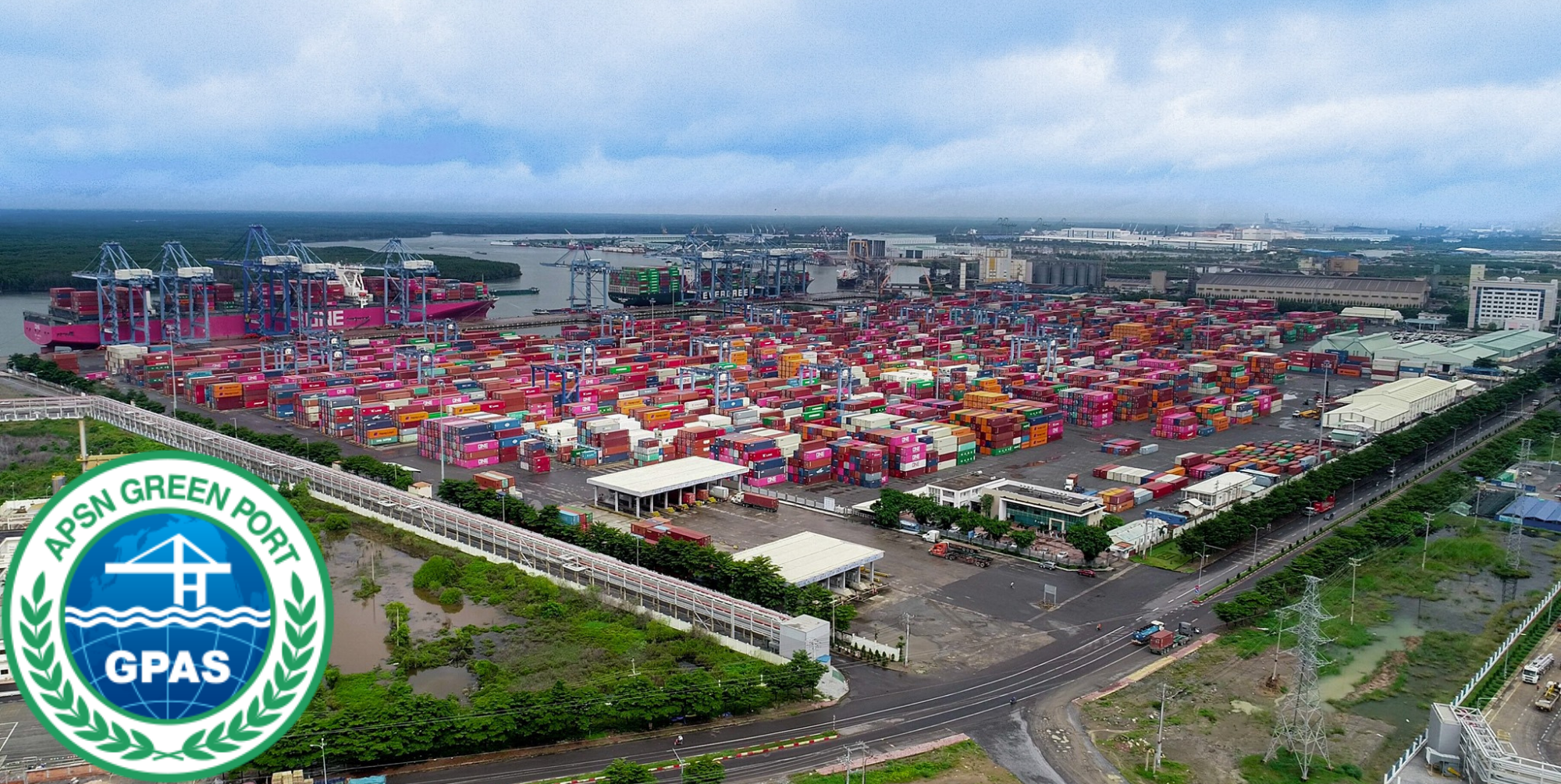

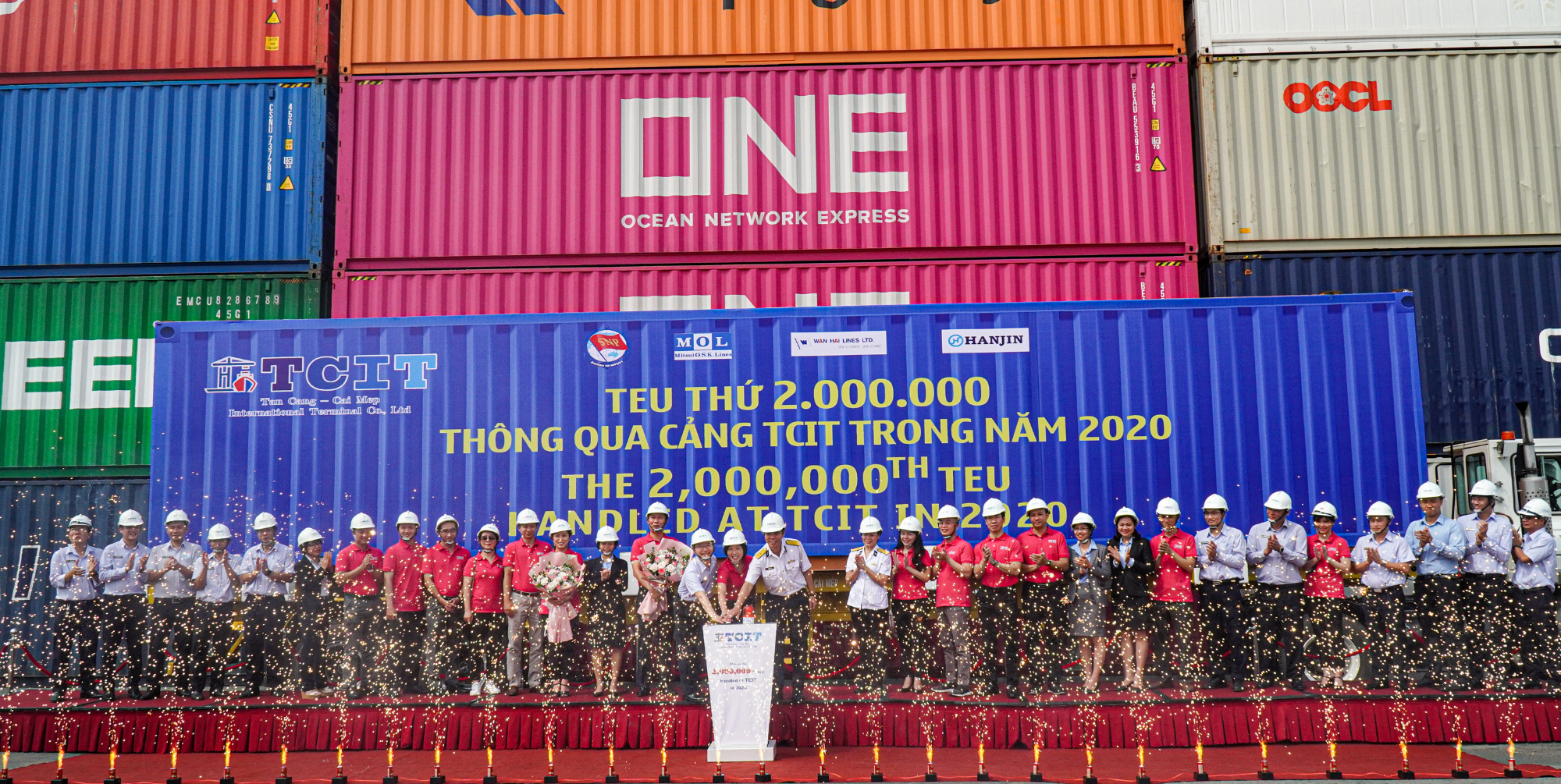
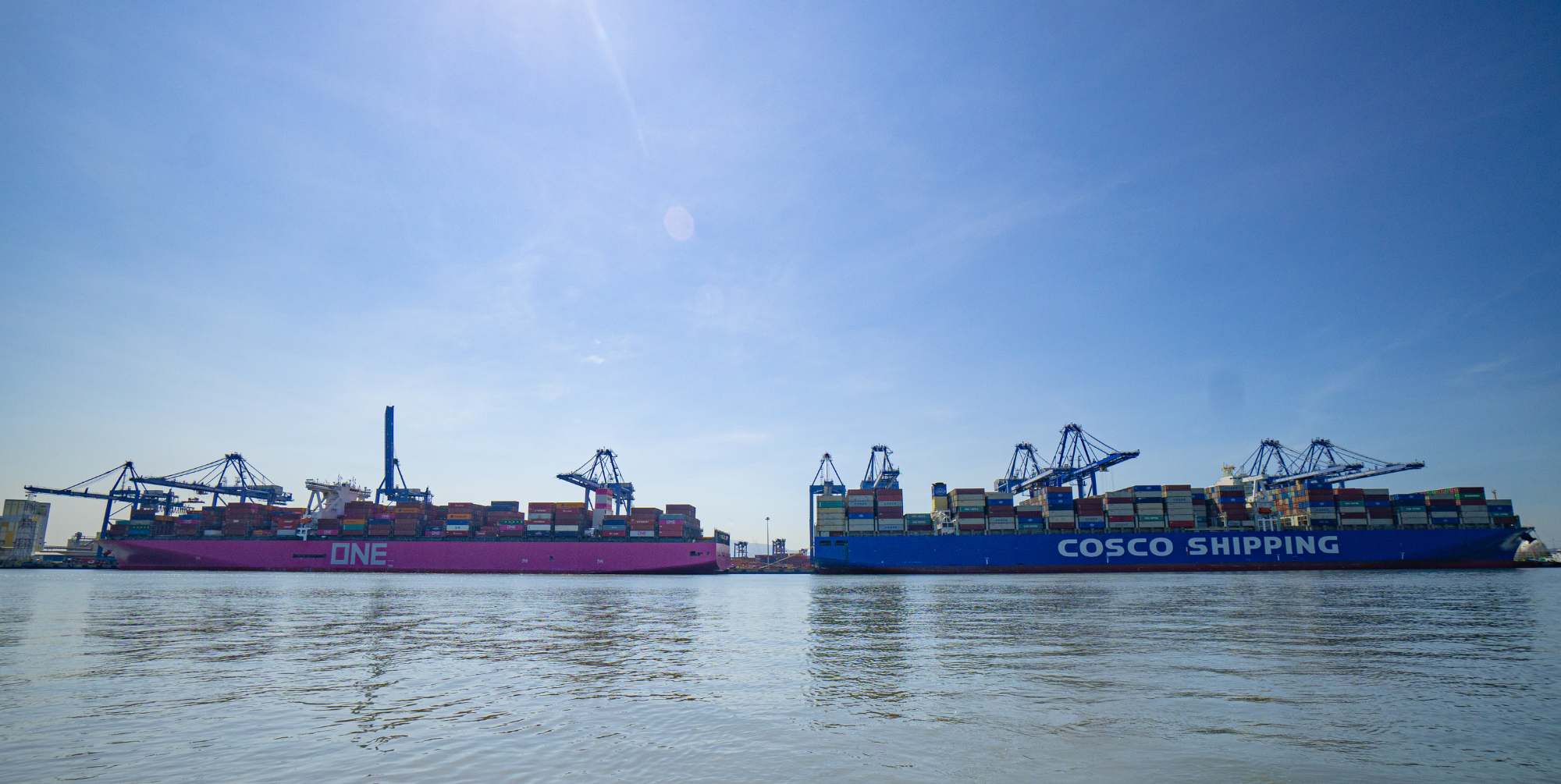
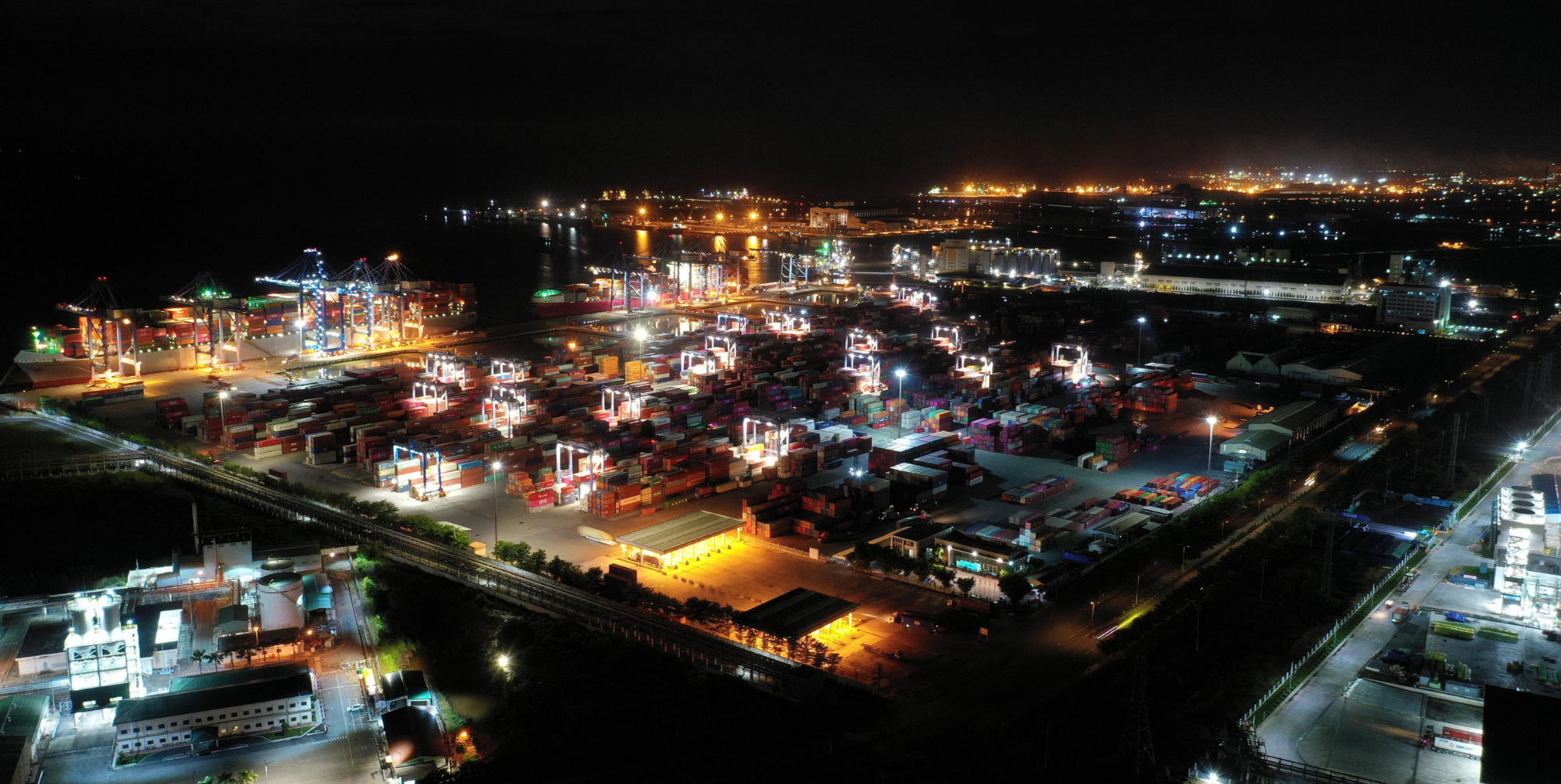
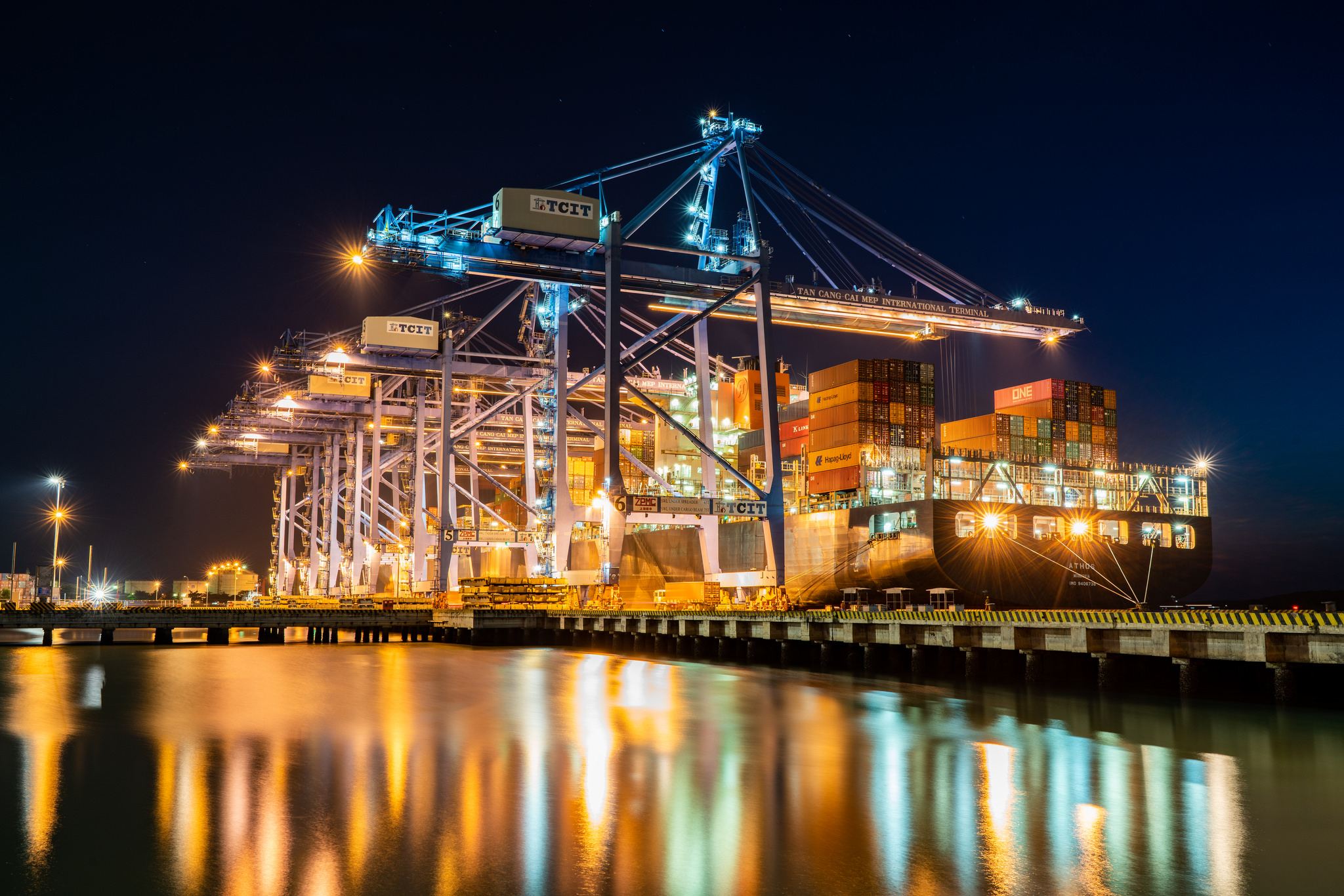
.jpg)
